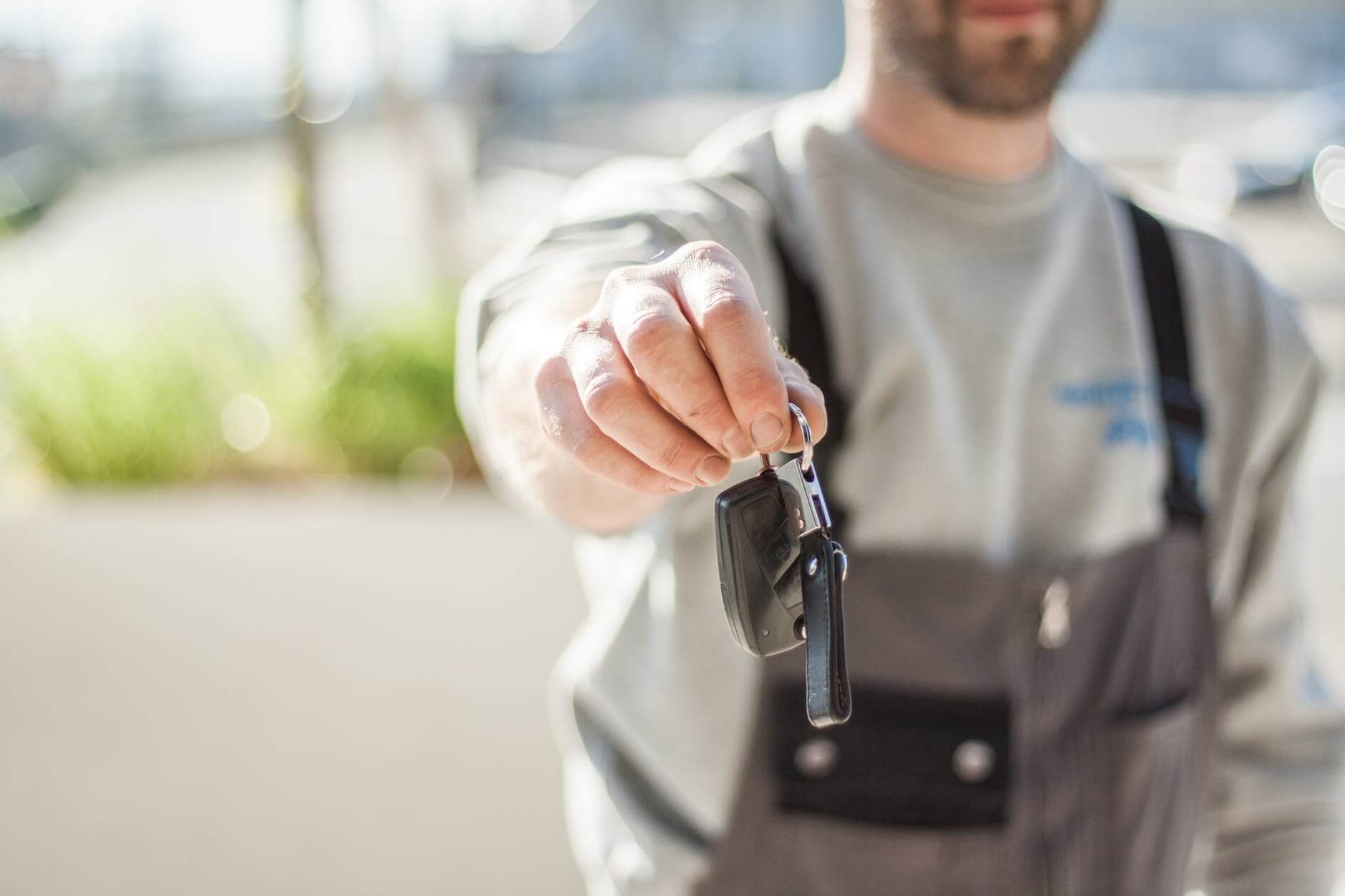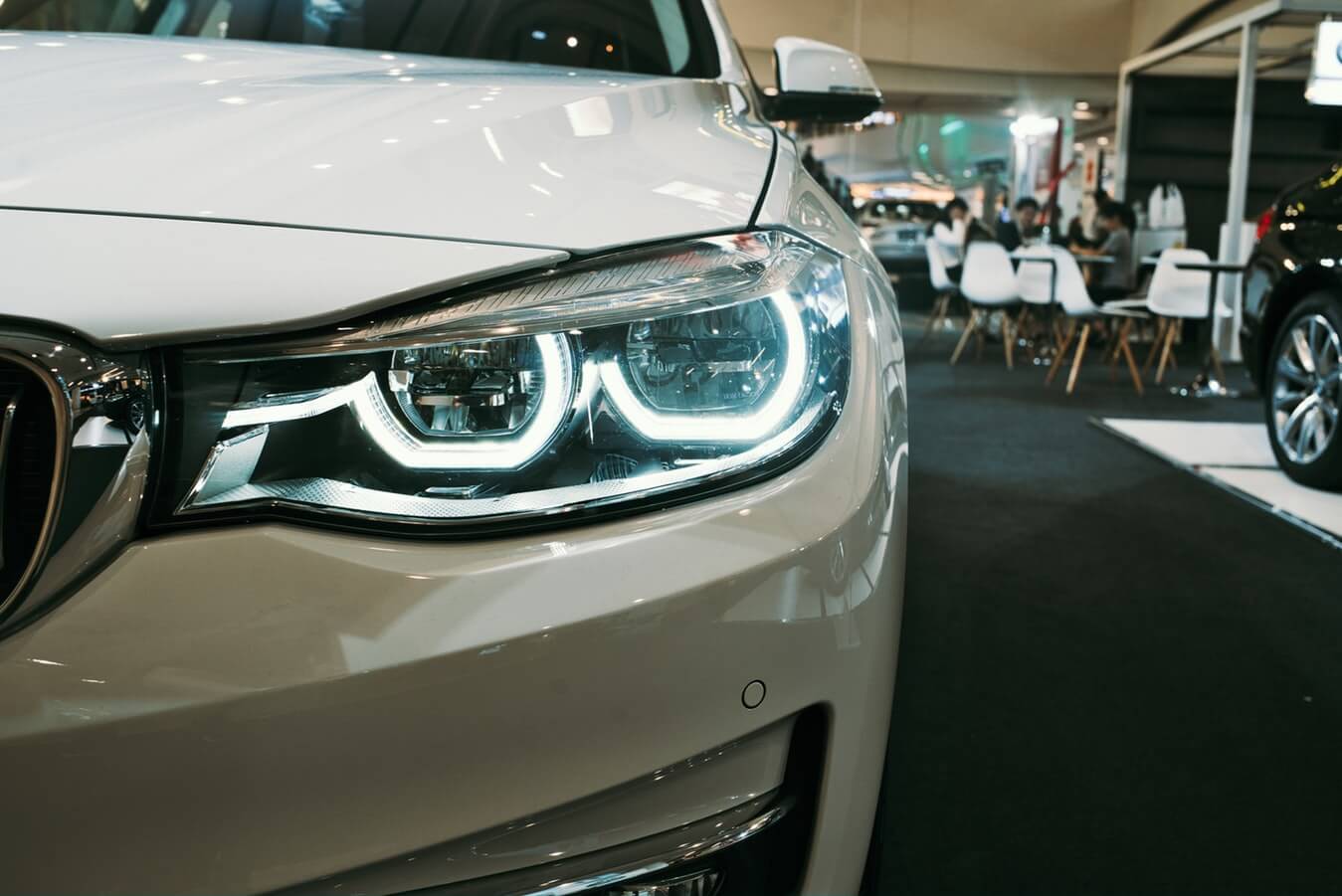Do You Really Need a New Car? Here's How to Know

The internet has revolutionized a lot of the purchases we make. The decision-making processes that we go through in order to decide on whether we need a product have also evolved. Even if you are not a big fan of buying products online, you will find websites that will help you choose the best model or find the right method for large payments. Purchasing a new car, specifically, is always a tough decision to make. The process ranges from making up your mind on whether you need a new car in the first place, to putting the time and effort into searching for the right model and brand that will satisfy your needs.
In order to help you with this overwhelming process, this guide will go through some of the aspects that you should consider in order to make a wise decision.
Think About Financing
Before you overwhelm yourself with the model, color, and the dealership you should go for, you need to think about the necessary logistics of buying a new car. It's important to calculate the amount of money you are willing to spare on your purchase. You will need to determine what kind of deposit you can put down and the amount of money you can afford in monthly payments. Then, you should check your credit report. It's critical to consider the method of payment that you will be comfortable with. It's not only the shopping for the car that you have to care about, but the financing method as well.
Make sure that you spend enough time looking for the best prices, best loan rates, and terms to make a conscientious purchase. Innovative thinkers at rightride.com/car-loan-calculator/ recommend using an auto loan calculator to help you in understanding how different values can affect the final payment. Calculating weekly, bi-weekly, or monthly car payments by considering the vehicle price, loan term, and credit score will give you an idea of the budget you need for the car and whether you should make the purchase or not.

Paying for Repairs More Than the Vehicle Amount
You might be clinging to your old ride in an attempt to save yourself from going on a splurge for a new vehicle. Some people try their best to keep their cars in tip-top shape without estimating how much it will cost. Repair expenses add up pretty easily and quickly, especially if you have an old car. Before you know it, you might end up finding yourself in a situation where you are spending more money on fixing the car than the amount you would have invested in a new ride. Other people who don't pay attention to repairs might find themselves in more dangerous situations because of their car conditions. Some ignore the check engine light completely. In the long run, more serious problems might arise without your knowledge due to the unavailability of the warning lights. Unforeseen breakdowns, in these cases, are inevitable and they can lead to a big hassle, especially on the highway.
Rusty Chips
Patina is sometimes desirable by some collectors and fans of old cars. There is a thin line that you should pay attention to. Even if you love the look, reaching the state of rusty metal chips that are falling off is an obvious telltale that it's time to give up on your old ride. Rust spreads like wildfire and it compromises the integrity of your vehicle. If you have reached this stage, then it's safer to go shopping for a new set of wheels instead of trying to save the situation.
A New Vs. A Used Car?
Some people prefer buying a used car due to the fact that cars can depreciate by hundreds and thousands of dollars the minute you get behind the wheel. On the other hand, other people prefer buying new cars. Buying a new vehicle means that you don't have to worry about the repairs or the chance of the constant car breakdowns depending on the car condition. In order to decide whether it's better to buy a new or a used car, here are some of the advantages and disadvantages that you should be aware of.
New Cars
- The biggest advantage of owning a new car is the factory warranty.
- You don't have to worry about previous owners and unknown mechanical issues.
- Buying new cars means you will have a lower financing rate.
- The downside to purchasing a new car usually lies in the high prices and immediate deprecation.
Used Cars
- Having to invest lower amounts of money to buy a used car is persuading enough along with the slower depreciation.
- You will ensure lower tax and insurance costs.
- Yet, buying a used car comes with higher financing rates, higher dealer markup, and increased maintenance costs.
Making big purchases comes with overwhelming feelings and confusion. One must study all the aspects of the purchase to be able to make the best decision that will satisfy their needs. Whether your car is constantly breaking down, or if you have been eyeing a new attractive ride, you should invest some time and effort in determining your budget and your payment method to save as much money as you can.
839GYLCCC1992




Leave a Reply